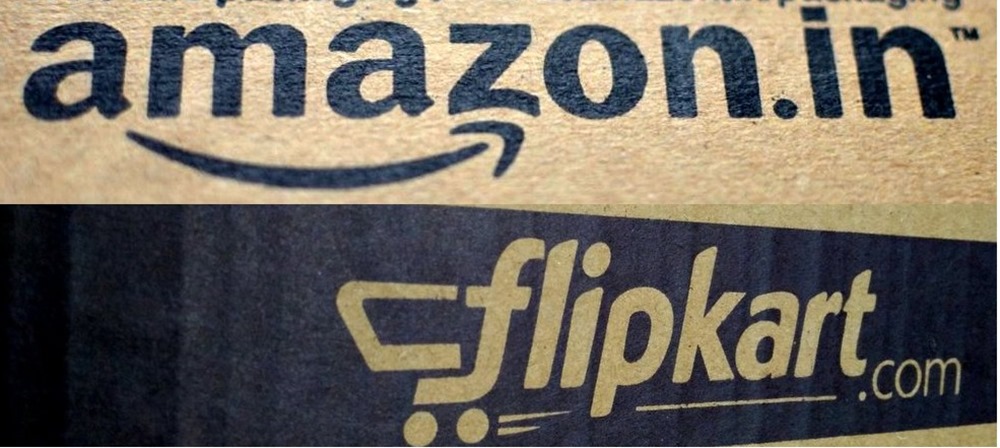Flipkart, Amazon & Others Reduce Discounts By 30%; They Now Want Profit Not Revenues

How many of you are among the ones who wait desperately for that mega sale on Flipkart or Amazon, to purchase something big, just so that you could avail heavy offers? Well, we are here to bring to you that the e-commerce giants, namely Walmart owned Flipkart and Amazon have not exemplified their renowned flash sales or gigantic discounts, since the past three months. Deep discounts have completely stopped.
A Little Peep into the Not-so-Distant History:
The new e-commerce policy rolled out by the Indian government on December 26, barred online retailers like Flipkart and Amazon from selling products of companies in which they own stakes. These regulations came into action on February 1, 2019. The commerce and industry ministry decided to take this action on repeated complaints lodged by small traders and offline retailers that heavy discounts by the two giants were wiping off their sales.
This is believed to curb the sales of online market. Flash sales for mobile phones and sales of the similar nature, too are restricted too for most ecommerce entities. However, government has permitted the brands to sell their associated private labels at discounted prices. These include products like Amazon Echo and Kindle as well as Flipkart items from MarQ, SmartBuy and Perfect Homes.
The Effect of Lower Discounts on Amazon and Flipkart:
Due to the reformation of the ecommerce policies and the change in FDI policies, the delicious discounts and flash deals have disappeared for almost 3 months from the online platforms, like Amazon and Flipkart. None of the products are sold at mouth-watering prices anymore, except the private label products, even though they can periodically run promotional sales.
The results observed are significant. While smartphones contribute over 50% of the overall e-commerce sales in India, this time latter, along with consumer electronics, fashion and lifestyle were presented at a discount scaled down by 10-30% between February and mid-May as compared to the same period last year. The discounts offered in the marketplaces were down by 11-14%. Both, Flipkart and Amazon are flushed with revenue, so inspite of the shift in the ecomm policies and a denial in levying heavy discounts, these brands are actively looking towards driving profitability.
Not just discounts, the values on exchanging products online too has reduced, along with the offer of instant bank discounts. Amazon offered an additional 10% instant bank discount on a total purchase of Rs.3000 in its sale last week, while for Flipkart’s online sale price is Rs 4,999, which last year was Rs. 2500.
The Happy Days for Offline Retailers:
With such restrictions on online retailers, the best ones to be benefited are online retailers and small lobby owners. If this scenario continues with the advent of another government elected this year as well, the online discounting on smartphones will obviously come down, especially during the Diwali season. This will give a golden platter and opportunity to the offline brick and mortar mobile stores, to boost their sales.
Agreeably, since the price erosion of products have commenced on the online platforms, the sales have gradually reduced from January. This struck these retailers that sales will not only be driven by levying discounts and dropping prices.
In the marketplace model, the e-commerce entity should be neutral to all vendors, is what these offline vendors believe. Time will be the judge of whether this reform continues to serve the future of ecommerce companies in India.

Comments are closed, but trackbacks and pingbacks are open.